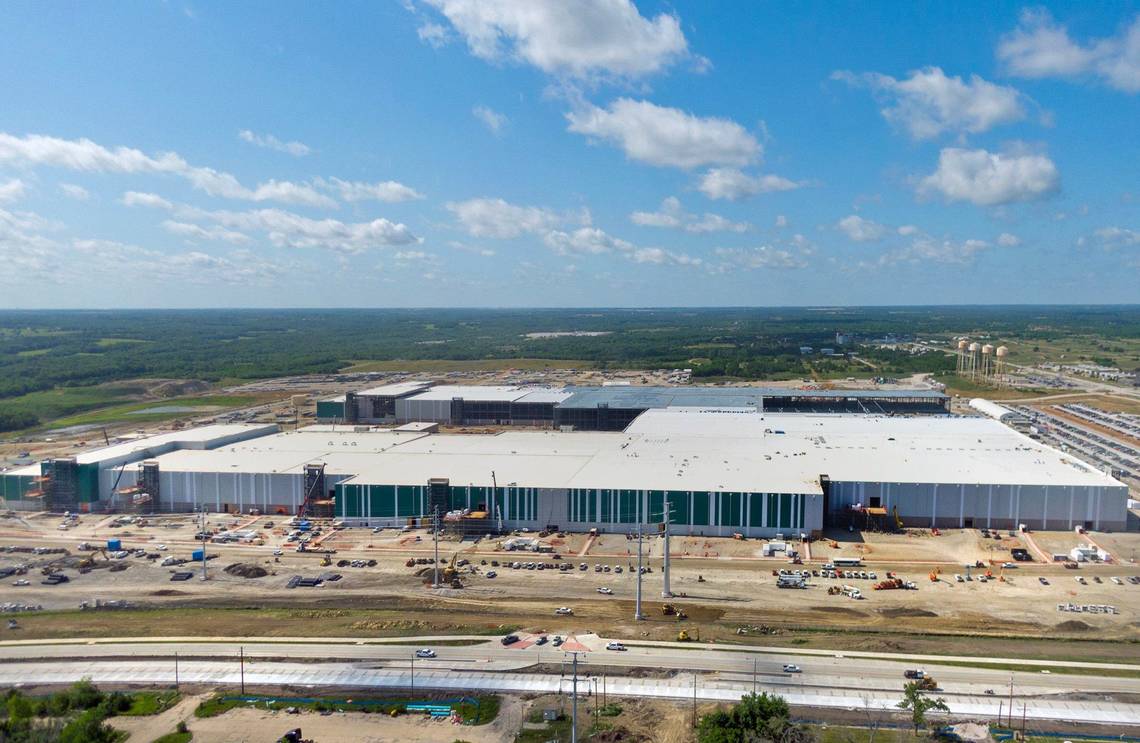Trump's Plan to End EV Tax Credits and Its Impact on De Soto's Panasonic Factory

Impact of Federal Policy Changes on Panasonic's De Soto Facility
The recent changes in federal policy regarding electric vehicle (EV) tax credits have introduced uncertainty into the market, potentially affecting the operations of companies like Panasonic. This development has raised concerns about the future of the company’s newly opened facility in De Soto, Kansas. The facility, which was expected to reach full production by March 2027, now faces potential delays as the market for the batteries it produces evolves.
Understanding the Federal Tax Credit Changes
A significant shift in the EV market came with the passage of a multitrillion-dollar federal tax and spending package, often referred to as the "Big Beautiful Bill." This legislation effectively removes the $7,500 tax credit for consumers purchasing new EVs and the $4,000 credit for those buying used EVs. These credits were previously a major incentive for consumers to switch to electric vehicles, and their removal could lead to a temporary adjustment in the U.S. EV market.
Despite these changes, a Panasonic spokesperson expressed confidence in the long-term growth of the EV market. They stated that the company will continue to monitor policy developments closely, particularly in the United States, to ensure continued growth.
Project Timeline and Optimism
The De Soto facility, spanning 4.7 million square feet, was celebrated as a major milestone after nearly three years of construction. Officials from Panasonic, along with federal, state, and local leaders, marked the grand opening with enthusiasm. The facility is expected to play a crucial role in the company's North American business strategy.
De Soto Mayor Rick Walker acknowledged the potential impact of the new federal cuts on the EV market but remained optimistic about the plant's future. He emphasized the importance of focusing on long-term goals, stating that while EV adoption might not grow as quickly without the tax credits, the overall trend remains positive.
Job Creation and Workforce Development
The $4 billion project is anticipated to create 4,000 new jobs over time. However, the timeline for these positions is not yet clear. Kansas' incentive package for Panasonic does not include specific requirements for job numbers or wages, leaving some uncertainty about the workforce's composition.
Currently, the company has hired 1,100 employees with 88 positions still open. Panasonic anticipates filling 2,000 positions by next year, with further hiring dependent on customer demand. This flexibility highlights the company's commitment to adapting to market conditions.
State Incentives and Economic Development
Kansas’ incentives for Panasonic are designed to be earned based on performance. The state promised a historic $829 million incentive package, which will be activated once Panasonic fulfills its obligations under the agreement. These include spending at least $1 billion and opening the factory within the first five years, which the company has already achieved.
Additionally, the agreement requires the factory to remain operational for at least 15 years, with clawback provisions if Panasonic were to leave before that period. While the contract does not specify job hiring requirements or minimum wage standards, the incentives are tied to the company's payroll. If Panasonic creates an annual payroll of $234 million, it becomes eligible for $234 million in state rebates over a 10-year period.
Conclusion
The interplay between federal policy changes and state incentives continues to shape the landscape for companies like Panasonic. As the EV market navigates these shifts, the focus remains on long-term growth and sustainability. With a strong commitment to economic development and a flexible approach to workforce needs, Panasonic is positioned to adapt and thrive in this evolving environment.
Post a Comment for "Trump's Plan to End EV Tax Credits and Its Impact on De Soto's Panasonic Factory"
Post a Comment